Library of Resources
At Inspire Action for Social Change, we are committed to lifelong learning, particularly when it comes to supporting families impacted by trauma and abuse. We know that learning and improving our practice is not limited to single events and training, but it is the most dynamic and effective when it is continuous and occurs in relationships with our colleagues and peers. As your knowledge grows, your practice, policies, and procedures can adapt and blossom as well. This page contains some key resources to support your learning and growth in the field of supervised visitation.
Publications
"Documentation, Record-Keeping, Subpoenas, & Court Engagement Practices: Guidance for Supervised Visitation and Safe Exchange Programs When Serving Families Who Have Experienced Domestic Violence & Supplemental Toolkit." This resource was written in partnership between Inspire and the Confidentiality Institute.
This publication provides information, resources, and support to help providers better navigate documentation, record-keeping, court orders, subpoenas, requests for information, and other legal components of operating a supervised visitation and safe exchange program.
Conducting orientations is the first opportunity to lay the groundwork for building trust and establishing a relationship with every person using supervised visitation and safe exchange services, but it should not be the only intentional opportunity to engage with each person. The practice of meaningful engagement and checking in are important and intentional opportunities to stay connected to every person using services. A promising practice in the field of supervised visitation and safe exchange work is establishing check-ins, which are intentional times to talk (check-in) with every person who uses program services. Check-ins provide a space for every person using center services to engage with staff and have intentional time with staff that isn’t rushed or would require extra steps to set up or be requested. This resource outlines techniques and examples for staff of supervised visitation and safe exchange programs to employ when checking in with each other and the families they serve.
Responding to Stalking: Supervised Visitation and Safe Exchange Program Guide
Responding to Stalking: Supervised Visitation and Safe Exchange Program Guide is for staff of supervised visitation and safe exchange programs to help identify stalking and respond appropriately to potentially dangerous situations. It provides basic information about the dynamics of stalking, how it intersects with intimate partner abuse, specific stalking tactics used when supervised visitation and safe exchange programs are involved, and issues to consider for policies and procedures.
Supervised Visitation and Safe Exchange Blueprint
The Supervised Visitation and Safe Exchange Blueprint serves to assist in building new or enhancing existing supervised visitation and safe exchange (SV&SE) programs. The Blueprint is a foundational planning and reflection tool for communities engaging in developing or enhancing services.
Are you a father or father figure who has hurt your family and wants to make things better? Or are you someone who works with abusive fathers? If so, this workbook is for you. Many people who hurt their families wish to change but don’t know where to start. If you are one of them, this free resource will help you take the first steps.
It includes practical exercises informed by conversations with children whose fathers have been abusive and mothers who experienced abuse. Also, conversations with fathers who hurt their families, renounced their abuse, and repaired their relationships with their children. You can do the exercises on your own or with the support of a trusted friend or family member, a faith or community leader, or a therapist or counselor.
This product was co-produced by Futures Without Violence’s Promising Futures and the Center for Court Innovation. It was generously funded by the Office on Violence Against Women and the Administration on Children, Youth and Families.

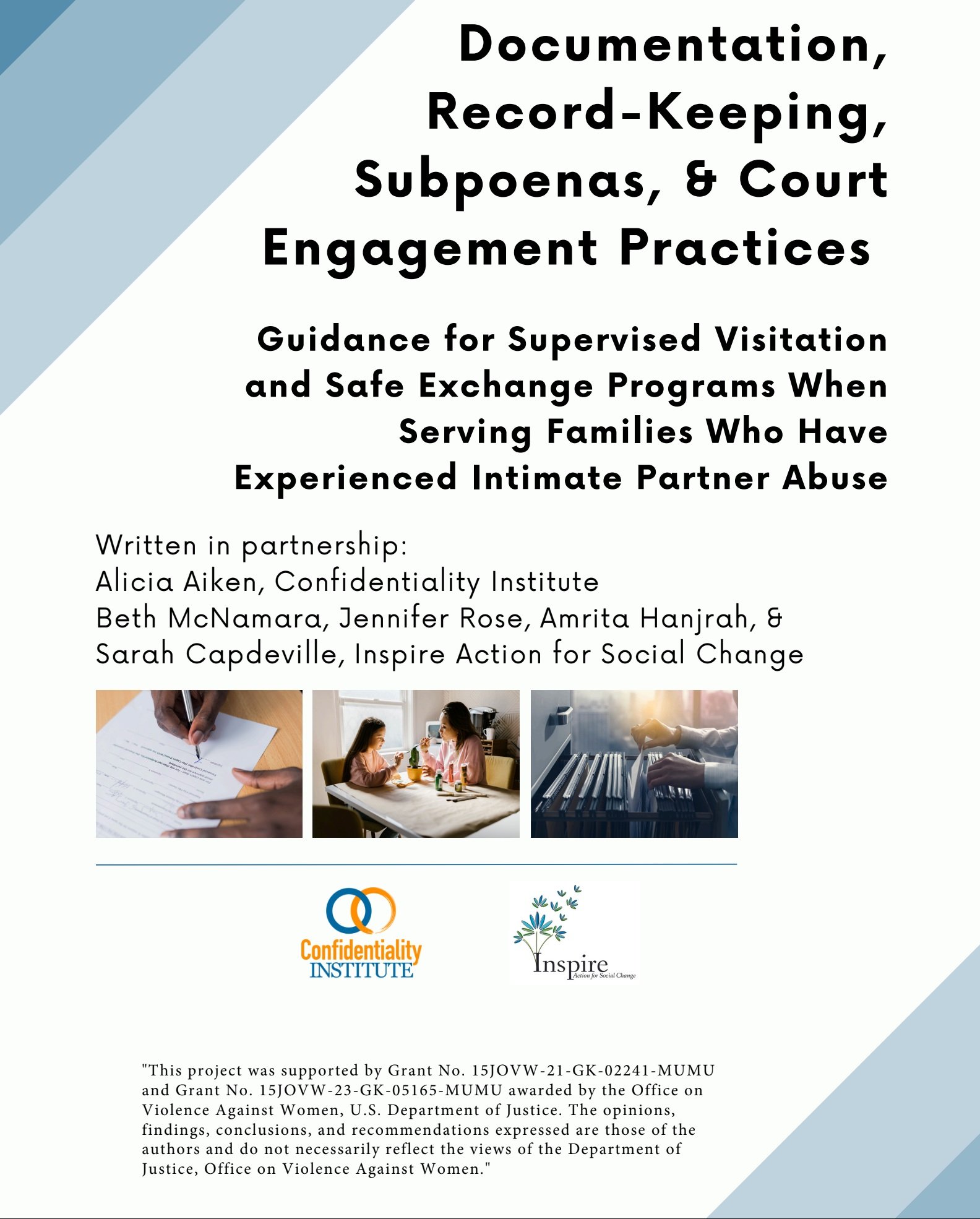

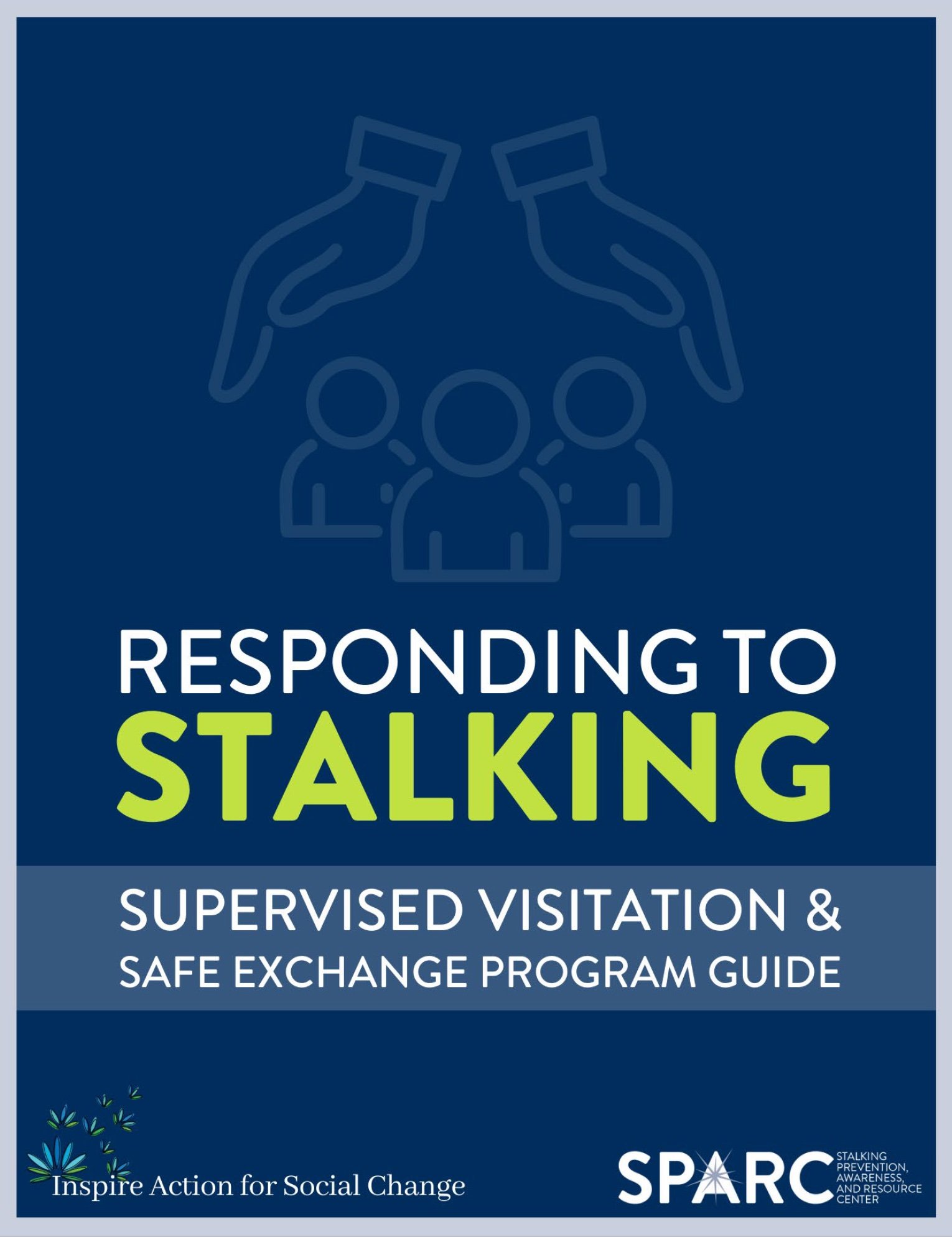


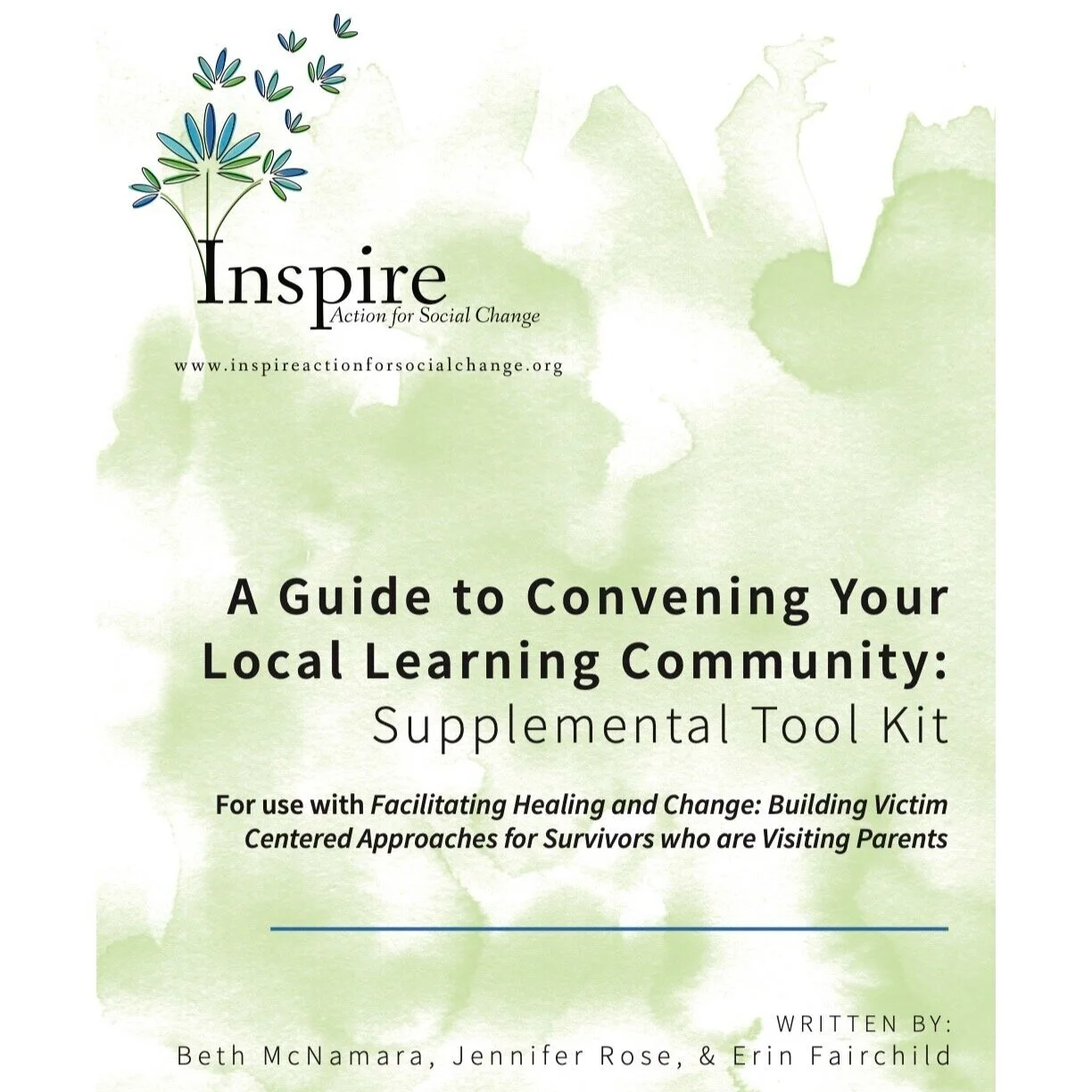

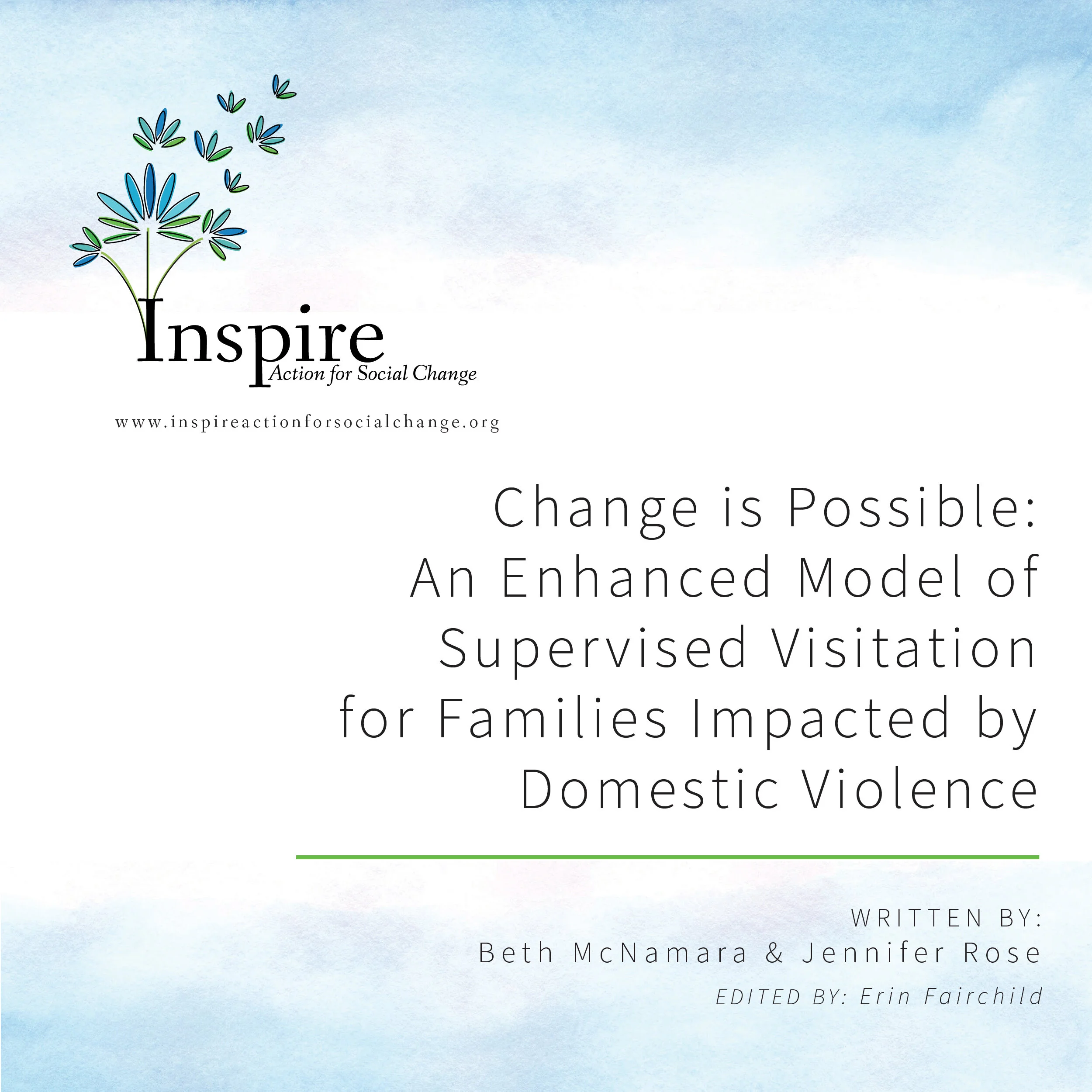

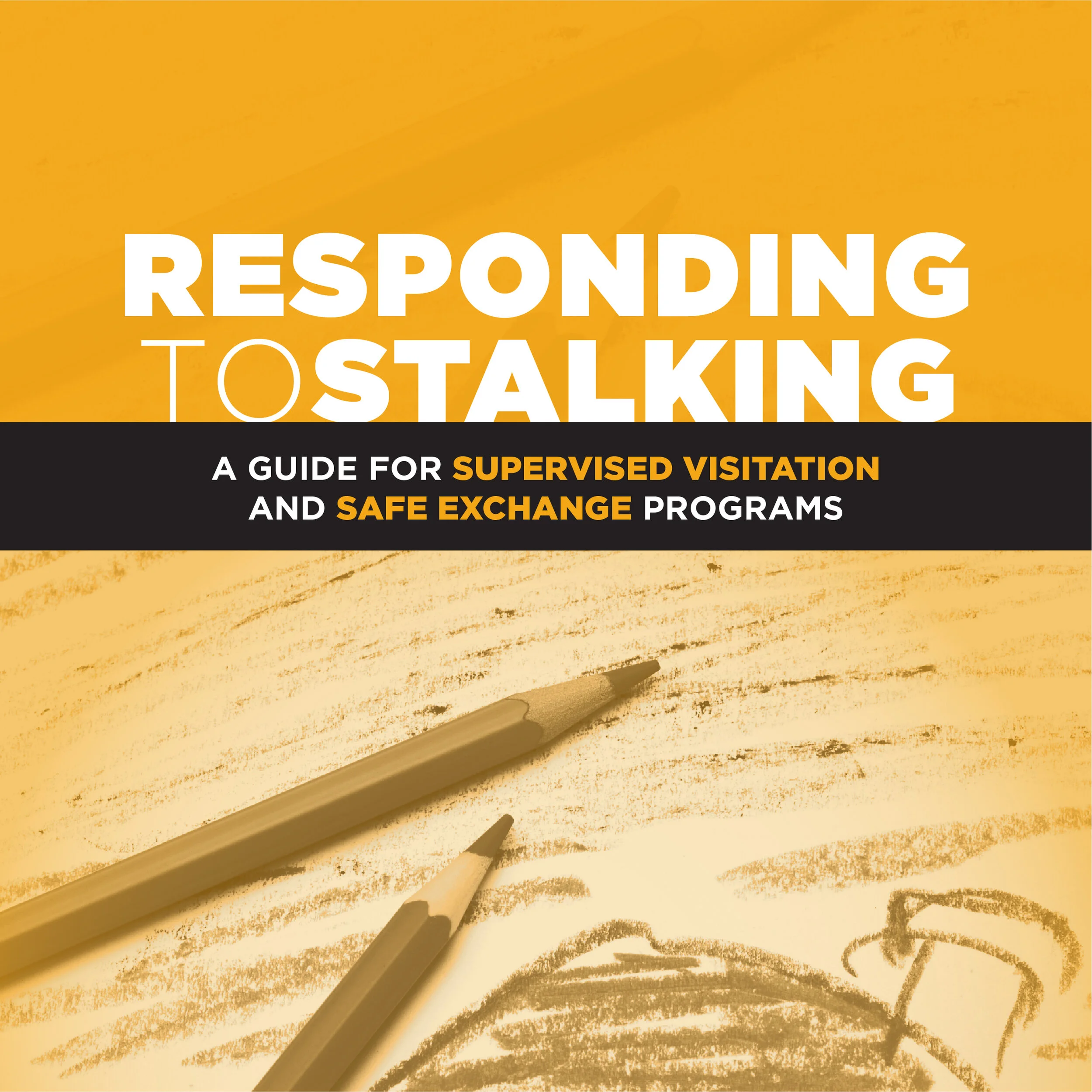
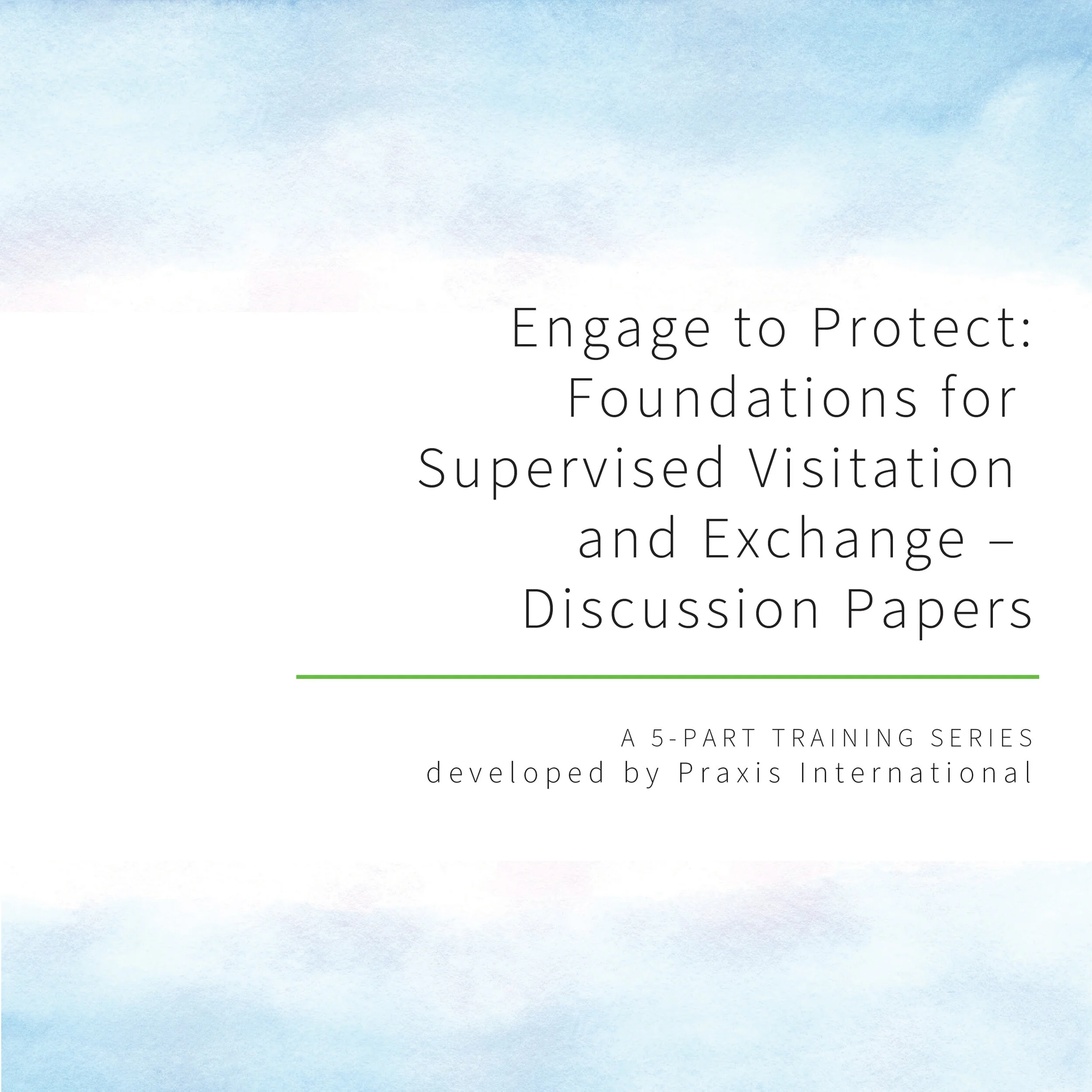




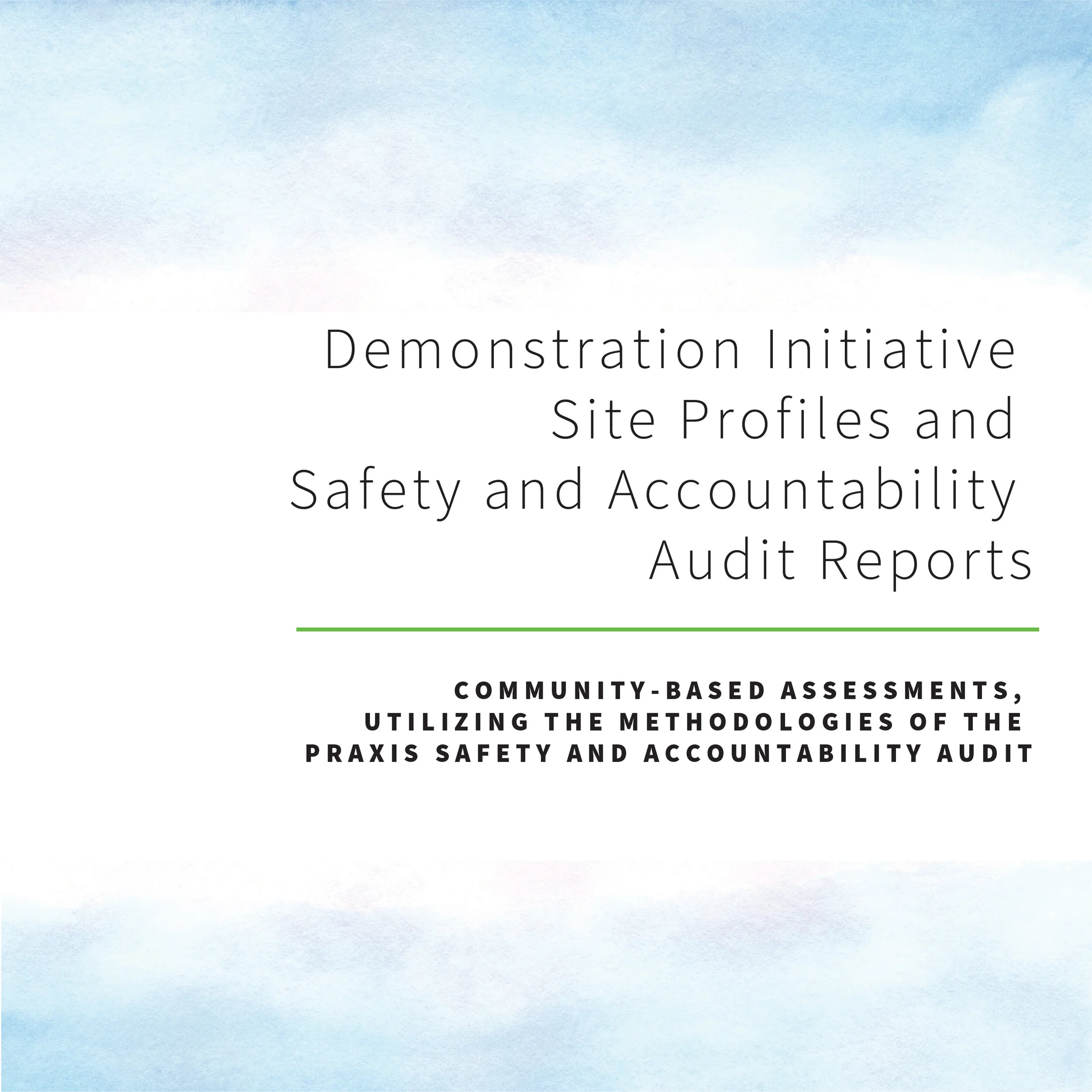
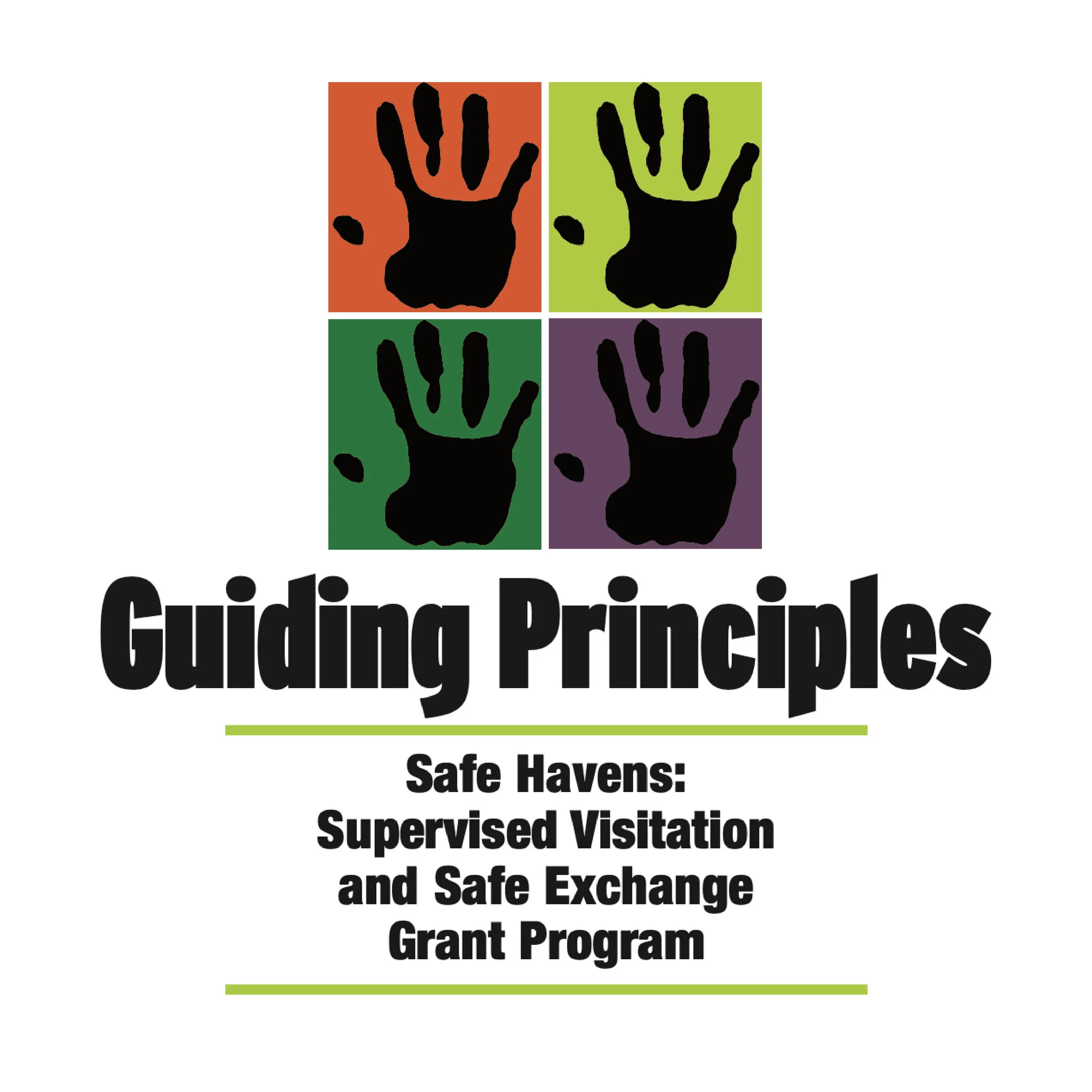


Supervised visitation programs are uniquely positioned to engage with men and fathers to enhance safety for victims of domestic violence and their children. This publication outlines a framework designed to help supervised visitation providers and their community partners create a more institutionalized and seamless approach to engaging with men who use violence.